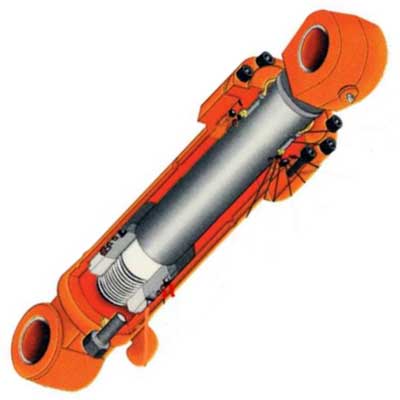Electronics and mechanics are inter-related with each other. All the electronic appliances that are invented and in-working in the world today are the ground foundation of the mechanics. These are technically constructed, managed, and maintained based on the mechanical principles of science. Thus, be it household premises or commercial organizations, industries or offices, electronic equipment is found everywhere. The question and need that lies within this is the assurance check that either this exquisite availability or continuous utilization of electrical services can cause any issue in the location they are placed in. To fulfill this purpose, EEHA compliance inspections have been the preliminary approach to ensure that installations and maintenances of electrical equipment are hazardous or not. The safety standards must be met to allow the appliances to operate without worrying about vulnerabilities of fire, explosions, accidents, etc. Hazardous area compliance specialists are the professionals that are hired with a responsibility to observe and determine the risks in an environment along with a cost-effective solution aided to improve this scenario. There are many industries, factories, and chemical sectors which are declared safe only after being EEHA and hazardous area certified.
EEHA compliance inspections
Electronic appliances if not fully serviced, installed, and maintained can raise many technical and hazardous risks. It is recommended to conduct EEHA compliance inspections with the respect to the safety standards of electronics. EEHA term means electrical equipment in hazardous area which is performed in the following steps and mannerisms by professional site inspectors. The process includes
- Identify and classify the possible hazard and hazardous area: Flammable, gaseous, combustible, etc. by checking the standards
- Site inspections: professional officers are called-in for EEHA investigations
- Documentation and report preparation of EEHA analysis
- Loop calculations of all risks and safety assurances around electrical equipment
- Compliance assessment reports
- Technical queries and adjustments
- Devise possible EEHA precautionary measures
- Conclude the inspection frequency
- Determine the level of risks in EEHA, like in industries, factories, and even in households
EEHA compliance inspections are important at both initial installations and continuous maintenance schedules in which the electronics are investigated for their services. Periodic inspections are usually conducted few times; however, continuous ones are recommended once after every 3 years.
Hazardous area compliance specialists
Compliance and safety is not applied and imposed over technically operated electronic appliances, but it is very much important for the premises in which it is placed and is working. This one is called as hazardous area compliances. There are professional hazardous area compliance specialists that are hired for this task as they are dutiful to assess the degree of risks associated to a place.
The possible outcomes determined by hazardous area compliance specialists include the nature of premises to be susceptible to fire, explosions, accidents, combustible and gaseous vapors. Hazardous area certification means that the place is eligible to be cause risks if hazard substances are detected, auto-ignition of temperature of hazardous materials, and flammable concentrations.
Conclusion
EEHA compliance inspections are periodic and continuous analysis of electrical equipment to be safe in use in hazardous environment. Hazardous area compliance specialists are professionals hired for the assurance check of places to be declared safe or hazardous after visual and technical inspections.

 Whatever the case, different equipment have different characteristics, advantages and disadvantages that make them ideal for different jobs. Consider a workshop hydraulic press for instance. Its characteristics make it different from and more efficient than the classic mechanical press. Many people find that it is a safer alternative, relatively at least, when used appropriately. This is because of the control that the ram movements give it. It has many safety devices, including the interlocking of guards that makes it safer. Also, there are no controls for tie down or anti repeat.
Whatever the case, different equipment have different characteristics, advantages and disadvantages that make them ideal for different jobs. Consider a workshop hydraulic press for instance. Its characteristics make it different from and more efficient than the classic mechanical press. Many people find that it is a safer alternative, relatively at least, when used appropriately. This is because of the control that the ram movements give it. It has many safety devices, including the interlocking of guards that makes it safer. Also, there are no controls for tie down or anti repeat.